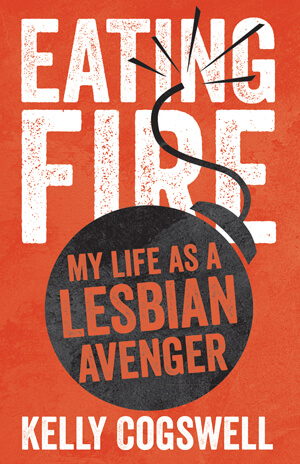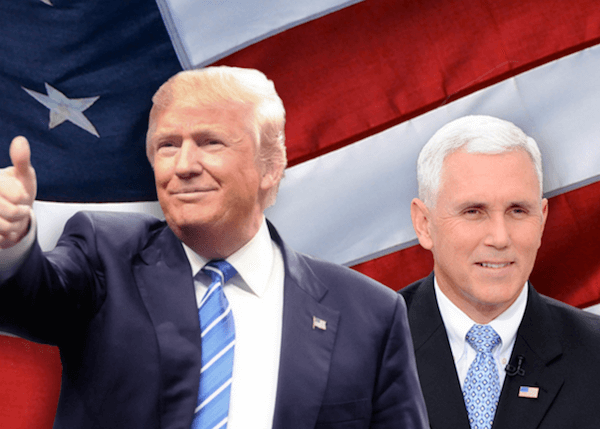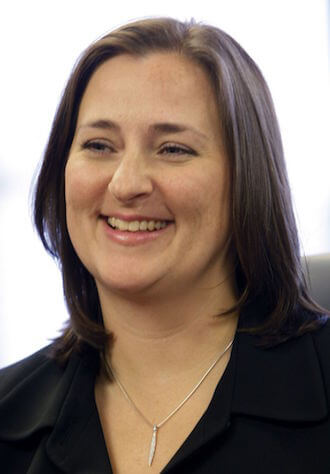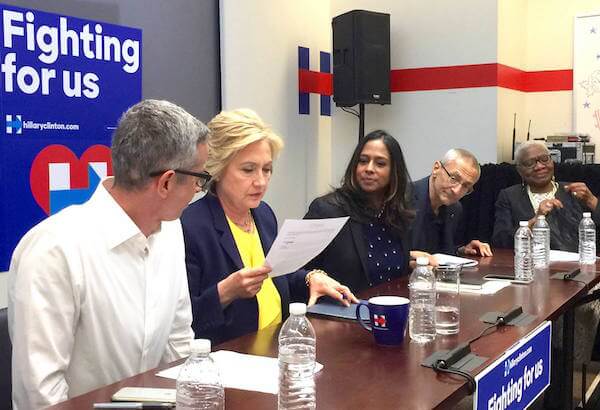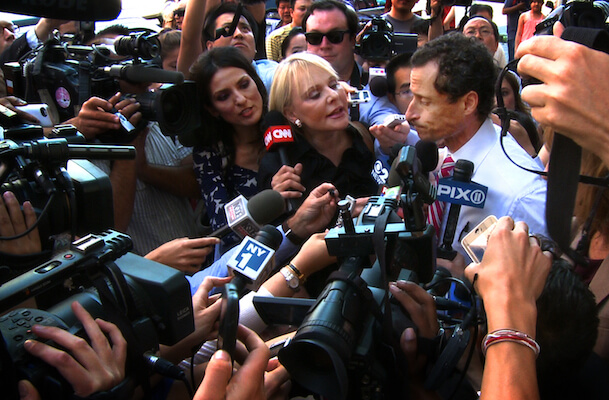UNIVERSITY OF MINNESOTA PRESS
On Saturday, May 20, two lesbians got attacked on the Q train. The news reports say it was an altercation over seats.
Apparently two lezzies had them, and, according to police, when Antoine Thomas got on the train he demanded theirs, bumping against them and screaming “Faggot,” and “Dyke.”
When they asked him to calm down, he beat them, smashing one woman’s face until she was unconscious. At the hospital, they treated her for a concussion, a broken eye socket, and a nice array of cuts.
PERSPECTIVE: A Dyke Abroad
Thomas was arrested by a transit cop, then charged with assault, menacing, and harassment, but the next day, the judge in Brooklyn Criminal Court let him go without bail. Why not? It’s just some man beating on women. And not just any women, but dykes.
It’s tempting to blame the attack on Trump and the ascendance of white, aggressively hetero, male nationalists. After all, violence always follows hate speech, and there has been a surge in it against women and queers, people of color and immigrants since he took to the campaign trail.
The problem is, during the US election in 2016 — or 2008 — it wasn’t just the extreme right sneering at Hillary Clinton’s voice, her hair, her thighs. The left was just as thrilled to embrace every fake news story about her and glory in attacking aspects of her career that they minimized — or ignored altogether — in her male counterparts.
The truth is, the vast majority of Americans despise women. And long before Trump, lesbians already experienced this hate exponentially, because we are by definition women who primarily make our lives with other women — however you define that elusive creature.
Nevertheless, the women’s movement is still not a particularly welcoming space for us. Straight women often don’t see the woman in the dyke and pack us off to the LGBTQ community the first chance they get as if we were extraterrestrials. Even among queers, we’re screwed. An acquaintance did the breakdown of a European LGBTQ fund, and discovered that only a tiny, tiny fraction went to projects that prioritized lesbians.
Here in New York, I was at a performance and reading Friday night by two dyke artists as part of a celebration of the Lesbian Avengers 25th anniversary. A prominent gay man invited to attend more or less said he’d rather die than spend an evening with lesssss…bians.
When my friend, a straight man, told me about it, I think I was supposed to laugh, make fun of the guy. But I felt like somebody punched me in the face. I’d forgotten for a moment just how much people hate us, how ridiculous and disgusting they think we are. How acceptable it still is for absolutely everybody to express these views, though not necessarily to our faces.
Every day I rediscover that the funny, chic, thin lesbians we think are giving us visibility are in fact perceived as the exception. The rest of us dykes are absolutely monstrous, if we exist at all.
This is why the Lesbian Avengers was created in the first place, to bring us real visibility, call attention to our issues, reshape the stereotypes. It is a measure of how powerful lesbophobia is that this lesbian visibility group has been largely erased from women’s and queer history. No matter that the New York Lesbian Avengers spawned 60 chapters worldwide, drew tens of thousands of dykes to enormous Dyke Marches which have persisted lo these 25 years.
What a delightful cocktail — the misogyny and homophobia of lesbophobia. Lately, it is playing itself out in questions of language. I’d be rich if I had a dollar for every time I’ve been told in the last few years that nobody uses the word “lesbian” anymore. It’s passé. It doesn’t speak to the young’uns who prefer queer or fluid, anything but that word abandoned by everyone but our graying institutions and a very small minority of trans-denying bigots.
Nobody wonders why most replacements for “lesbian” conceal gender, obscure orientation, refuse to slam the door on the heterosexual privilege that women get when there’s at least some possibility they’ll sleep with a man.
Nobody asks if our hatred of that word, “lesbian,” reflects in part our hatred of the women it represents because they are all… what? Boring? Dour? Humorless? Ugly? Angry? Trans-hating? And frigid, of course. Except when we are oversexed nymphomaniacs. Add your stereotype here: _________.
Above all, nobody seems to care that we can’t organize politically without a word that captures both the misogyny and homophobia that govern our experience no matter what we call ourselves. And if we don’t organize, what will change?
Kelly Cogswell is the author of “Eating Fire: My Life as a Lesbian Avenger,” from the University of Minnesota Press.

